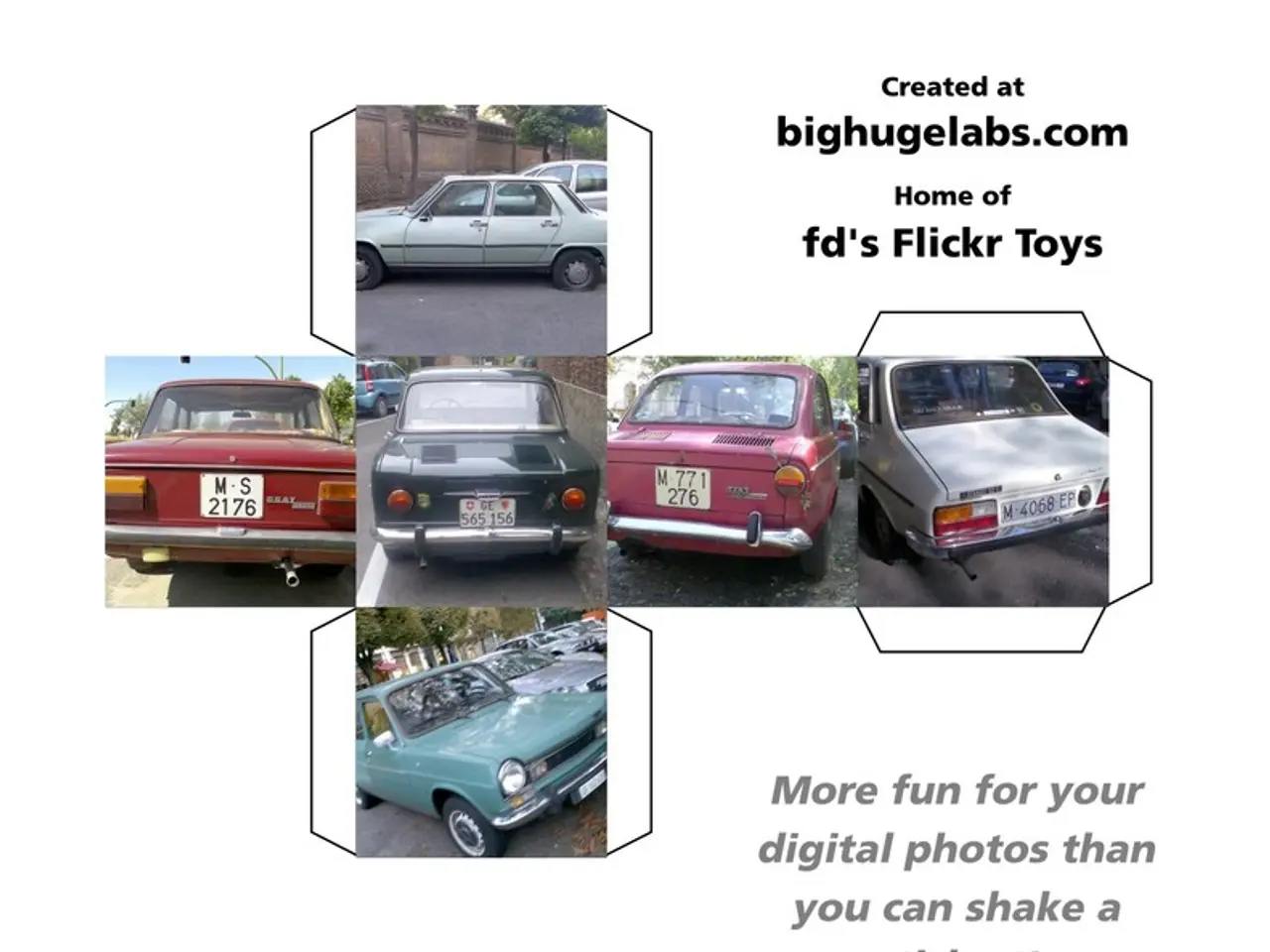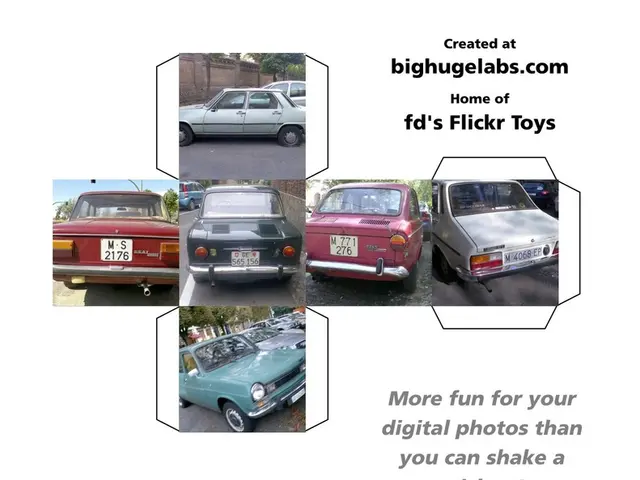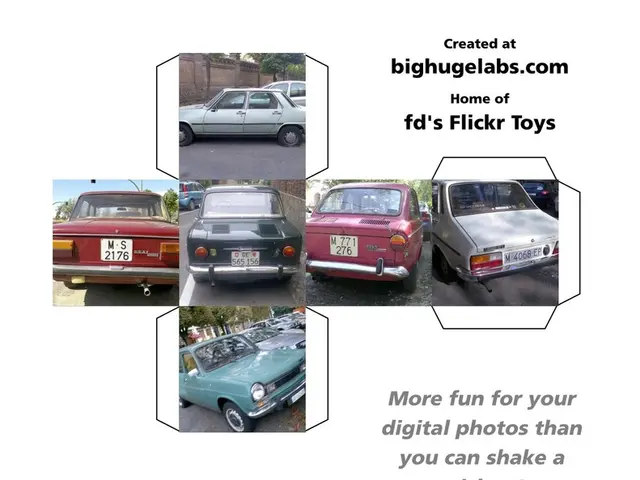VinFast Expansion Failure Leads to Founder's Focus on Asian Markets and Dealer Alliances
Vietnamese automaker VinFast has made a significant stride in its international expansion, opening its first overseas assembly plant in India this month near the port city of Thoothukudi. This move is part of a broader strategy to tap into the growth potential of Southeast Asia, where lower levels of vehicle ownership and limited domestic competition present opportunities, despite thinner margins compared to Western markets.
The Indian plant, with an annual capacity of 150,000 vehicles, is the first part of a $500 million initial investment, expected to grow to $2 billion. A smaller factory in Indonesia is scheduled to open in the coming months, further solidifying VinFast's presence in the region.
However, VinFast's foray into Western markets has been marked by challenges. The company has faced poor initial reviews, a software-related recall, and low sales, leading to changes in its business model. In the United States, VinFast has replaced its direct-to-consumer model with a franchised dealership network, starting with a store in San Diego, California. The company now has nearly 30 franchised dealerships in 14 states, following the closure of 15 direct-sales showrooms in California.
These changes come as U.S. registrations dropped 37% in the first half of 2025 compared to the same period last year. The company's financial performance has also been affected, with VinFast spending $1.57 for every dollar in revenue in 2024 and posting a $3.2 billion loss in the same year.
Despite these setbacks, VinFast's founder, Pham Nhat Vuong, Vietnam's wealthiest individual, has continued to invest in the company, contributing more than $2 billion of his own funds. The company's focus remains on regions such as India, Indonesia, and the Philippines, where it sees significant growth potential in the EV market.
In North America, VinFast has introduced two electric crossovers, the VF 8 and VF 9, with the VF 8 starting at $41,100 with shipping, and the VF 9 at $64,100 in the U.S., both being eligible for a $7,500 federal EV tax credit through leasing until September 30. However, no further updates have been provided about the introduction of more electric crossovers in North America beyond the VF 8 and VF 9.
As VinFast navigates these challenges, it faces pressure to build its presence quickly before Chinese EV brands introduce more aggressive pricing in the region, according to Tu Le, founder of Detroit-based Sino Auto Insights. The company's initial plans to introduce several more electric crossovers in North America, including the compact VF 3, remain uncertain.
In a positive development, VinFast inaugurated its second manufacturing plant in Vietnam in June, with a capacity of 200,000 units annually. The North Carolina plant, initially planned for 2022, has been delayed until 2028.
As VinFast continues to expand and evolve, it remains to be seen how it will navigate the complexities of the global automotive market and capitalise on the opportunities presented by the growing EV market.
Read also:
- Varieties of Grains: A Look at the Differences Between Corn and Maize
- Kia streamlines Picanto offerings, boosts Xceed's power output, and eliminates Ceed model from lineup
- Two people perished and multiple others were hurt in an explosion at a US Steel facility located in Pennsylvania.
- Collaboration with Suppliers Yields Double Wins!








